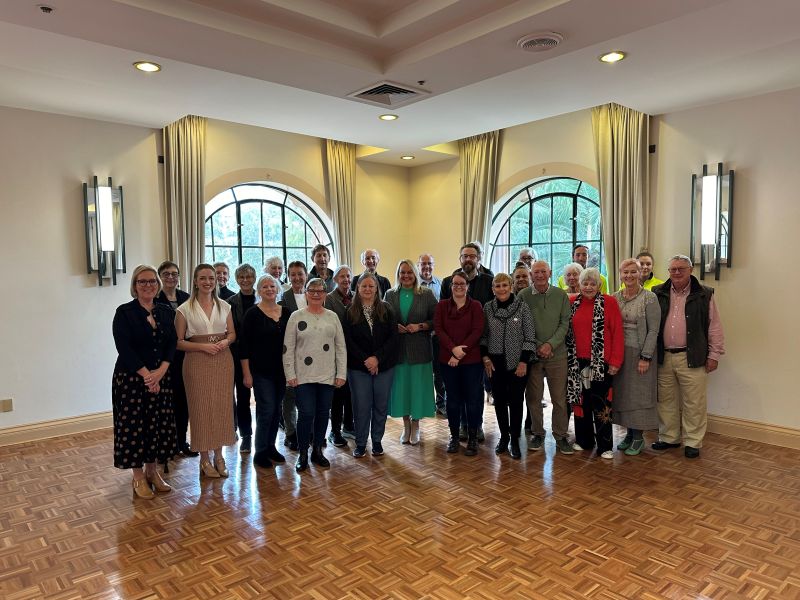The Albanese Government has botched its Budget commitment to cut student debt for three million Australians with the ATO confirming HELP loans will rise by 4.7 per cent from 1 June 2024, rather than the 4 per cent increase Labor promised.
Shadow Minister for Education, Sarah Henderson, said Labor’s go-slow on student debt reform means there is no certainty as to when Labor’s HELP indexation changes will be implemented.
With no legislation in sight to enact Labor’s changes, there is also no certainty as to when last year’s crippling indexation rate of 7.1 per cent will be backdated to 3.2 per cent, as Labor promised.
On 5 May 2024, Education Minister Jason Clare announced “..in response to the Australian Universities Accord, the Government will cap the HELP indexation rate to be the lower of either the Consumer Price Index (CPI) or the Wage Price Index (WPI) with effect from 1 June 2023.”
Labor said it would “..cut the student debt of more than three million Australians in this month’s Budget.”
However, just two days later on 7 May 2024, the ATO confirmed student loans will be indexed at the higher rate of 4.7 per cent from 1 June 2024, making a mockery of Labor’s announcement.
“In the face of Labor’s high inflation which is fuelling escalating student debt, Jason Clare’s failure to act with urgency means there is no relief in sight for three million Australians with a HELP loan,” Senator Henderson said.
“Why has the minister failed to bring forward legislation in time to enact these changes to HELP indexation? When will the promised reductions in student debt be delivered?
“Under Labor, prior to these changes, student debt had increased by nearly 16 per cent or an extra $4,000 on the average loan of $26,500.
“This is straight incompetence from Jason Clare who has been sitting on the recommended changes to HELP indexation since last December,” Senator Henderson said.
Labor’s education Budget is also bad news for regional Australia with the axing of the $224 million Destination Australia program to support university students study in the regions.
“This savage funding cut is another betrayal of regional Australia and young Australians seeking to study and work in the regions,” Senator Henderson said.
The proposed Australian Tertiary Education Commission, due to start on 1 January 2025, has not been funded along with other University Accord promises that will cost many billions of dollars. Labor’s commitment to overturn the Job-Ready Graduates program has also received no funding, which suggests low-cost nursing, teaching and maths degrees may rise.
The government needs to explain why higher education providers will be required to direct a minimum of 40 per cent of their Student Services and Amenities Fee revenue to student led organisations such as student unions.
In breach of its election commitment, Labor has delivered only a school funding war by failing to provide “fair and full funding” for public schools in the Budget. With the next National School Reform Agreement in limbo, Senator Henderson says Jason Clare has all the wrong priorities.
“With one in three students failing NAPLAN, it is critical the government delivers the reforms required to raise academic standards so that every child can reach his or her best potential. This requires an unwavering commitment to evidence-based teaching methods, not billions of dollars,” Senator Henderson said.

 Lord Mayor Nuatali Nelmes and Cr Elizabeth Adamczyk celebrate National Volunteer Week with some of City of Newcastle’s dedicated volunteers during a morning tea at City Hall.
Lord Mayor Nuatali Nelmes and Cr Elizabeth Adamczyk celebrate National Volunteer Week with some of City of Newcastle’s dedicated volunteers during a morning tea at City Hall.